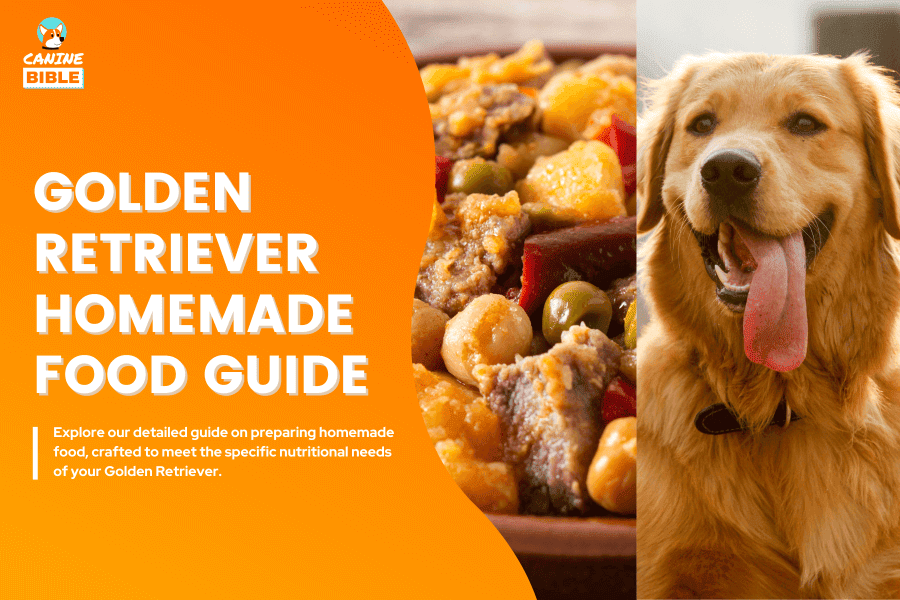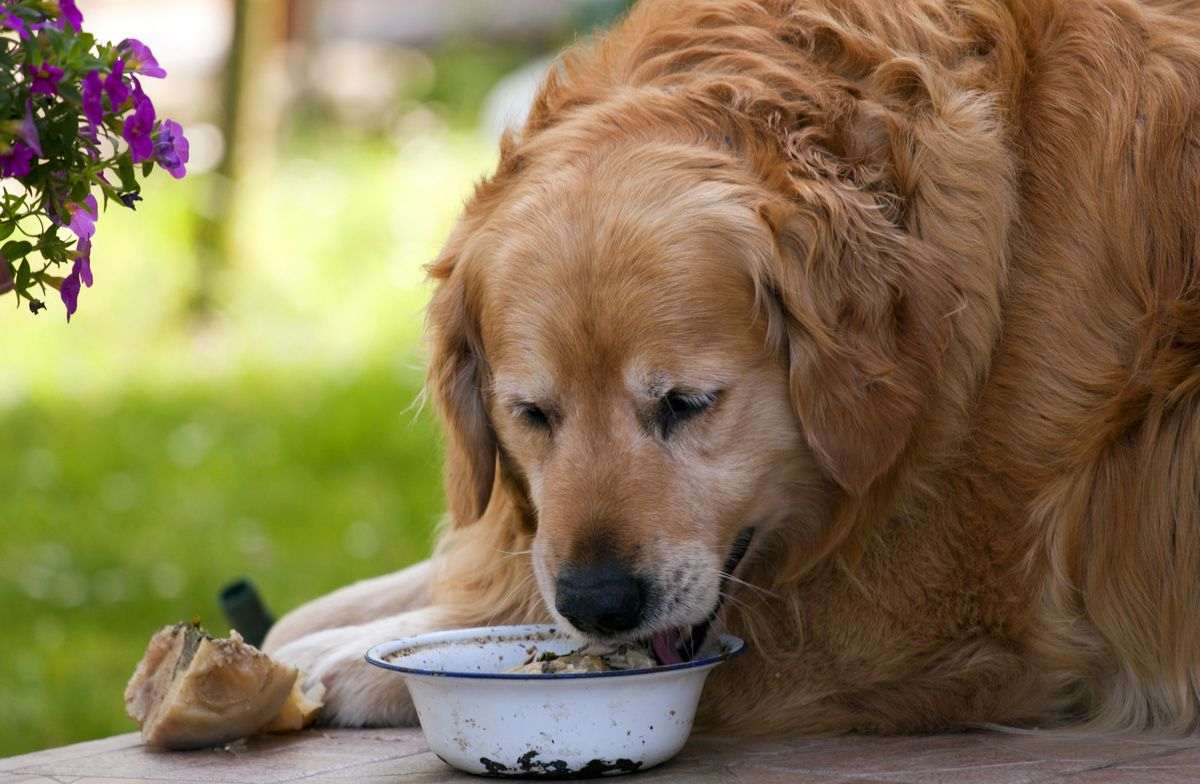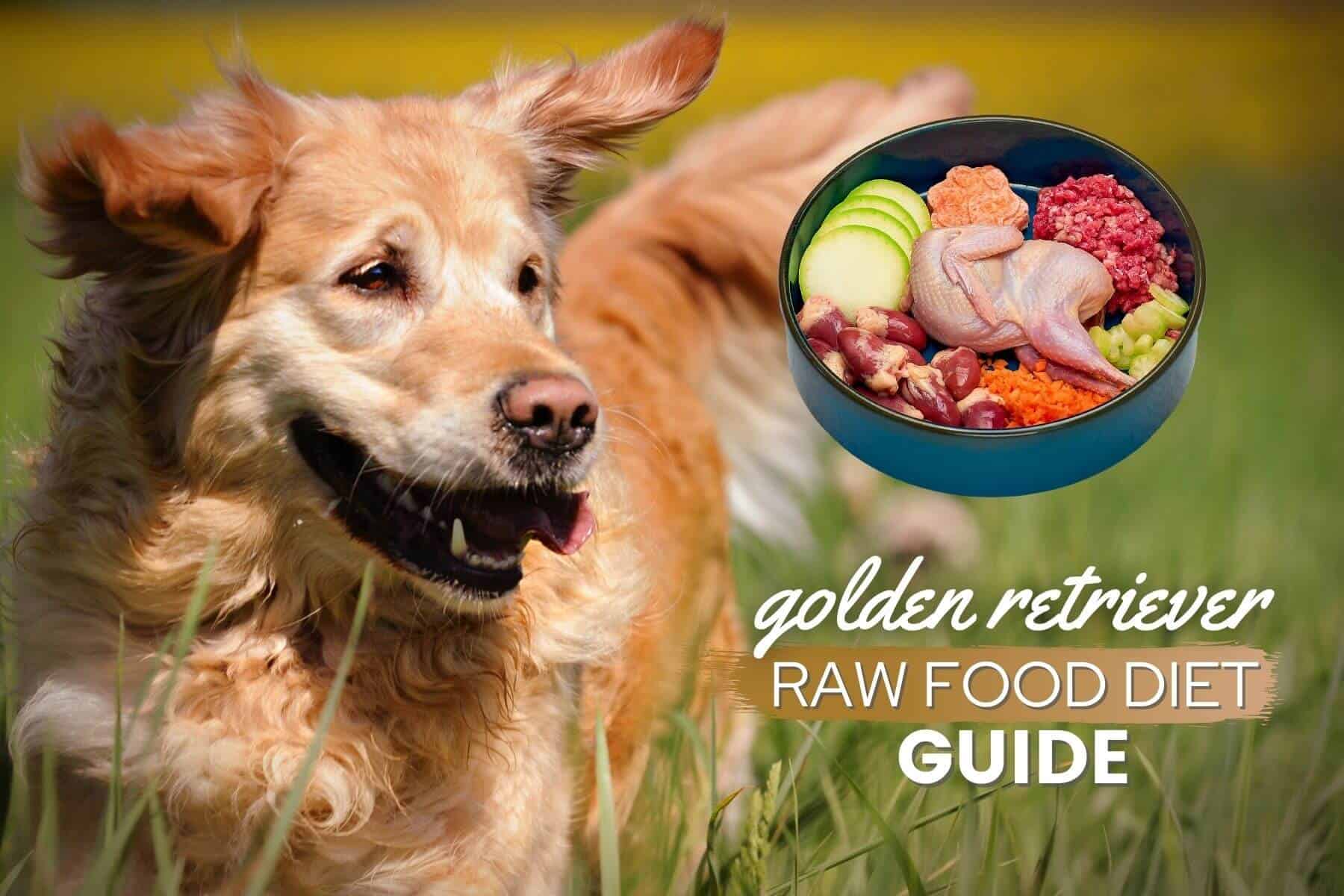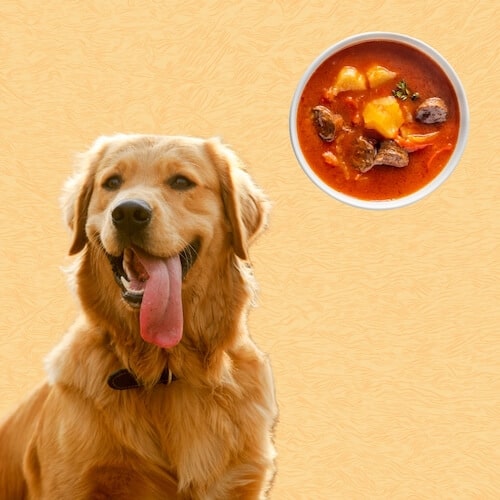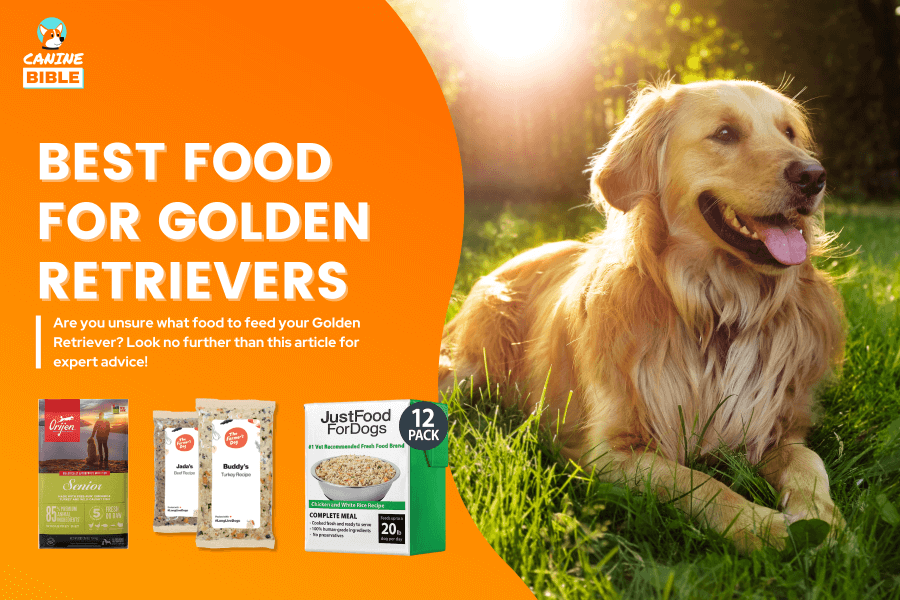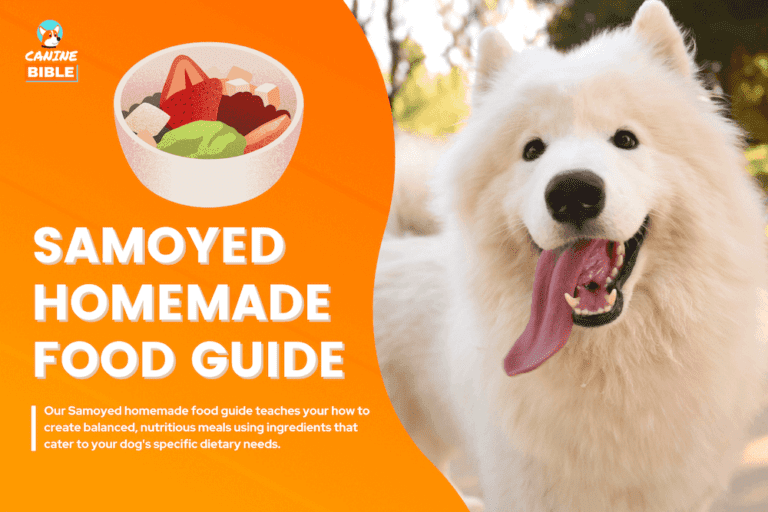Homemade Dog Food For Golden Retrievers
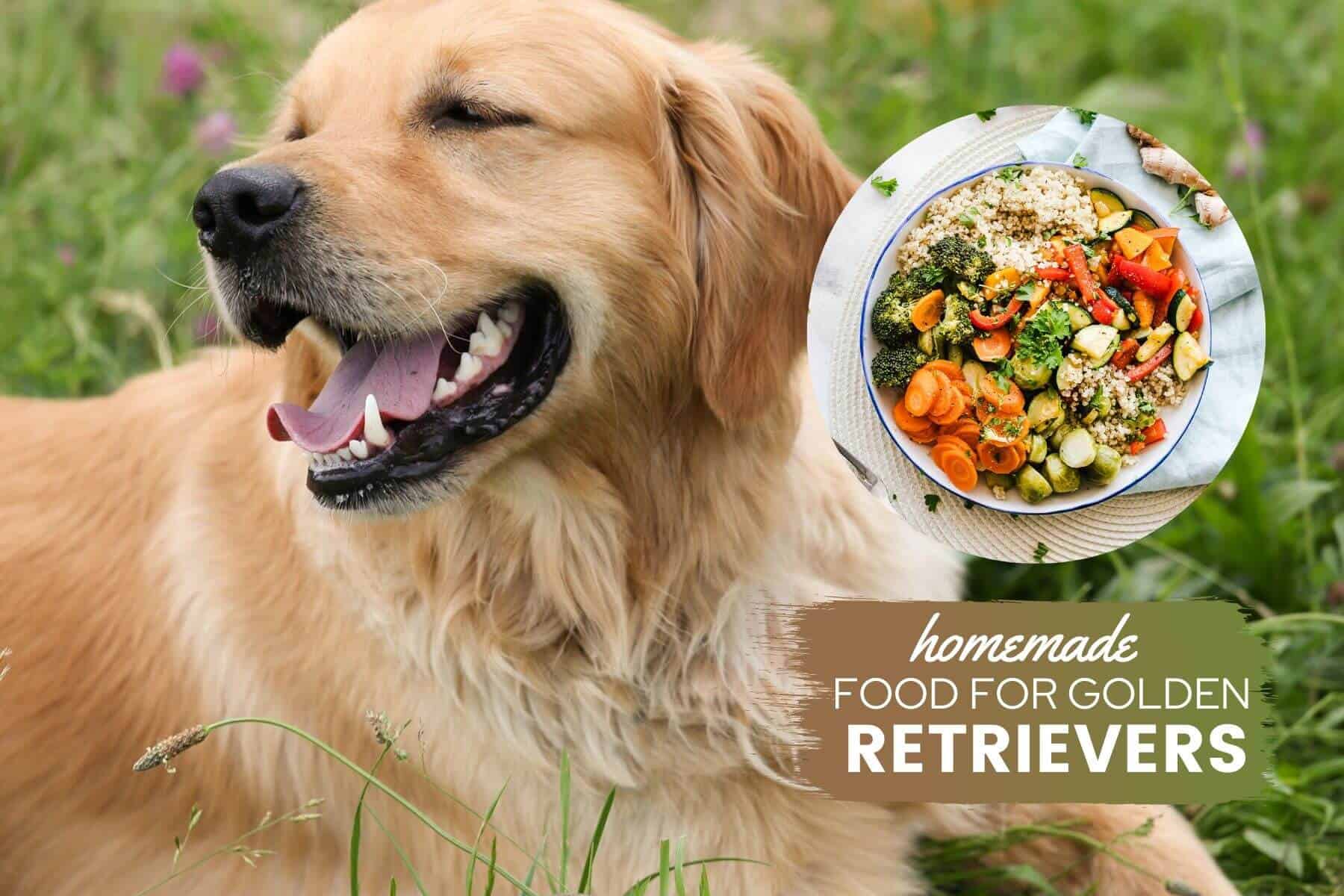
Imagine a sun-drenched kitchen, the air filled with the savory aroma of simmering chicken and sweet potatoes. A golden retriever, Buddy, sits patiently by the stove, tail thumping a gentle rhythm against the tile floor, his eyes fixed on his owner, Sarah, as she carefully measures out portions of what looks like a delicious stew. This isn't human food; it's Buddy's custom-made, nutritionally balanced, homemade meal.
More and more golden retriever owners are turning to homemade dog food as a way to ensure their beloved companions receive the best possible nutrition, addressing concerns about commercial food ingredients and tailoring diets to specific needs. This shift reflects a growing awareness of the link between diet and health, and a desire for greater control over what our furry friends consume.
The Rise of Homemade Dog Food
The trend of making homemade dog food isn't entirely new, but it's experiencing a significant resurgence, fueled by increased accessibility to information and a growing distrust of processed pet food. Several recalls of popular commercial brands over the years due to contamination or mislabeling have understandably shaken consumer confidence. This has led many to question the long-term health implications of heavily processed ingredients.
Furthermore, golden retrievers, with their inherent predisposition to certain health issues like hip dysplasia, allergies, and sensitive stomachs, can particularly benefit from a carefully controlled diet. Homemade food allows owners to eliminate potential allergens and adjust nutrient ratios to address specific health concerns, a level of customization rarely achievable with commercial kibble.
Benefits for Golden Retrievers
A well-planned homemade diet can offer several advantages for golden retrievers. Firstly, owners have complete transparency and control over the ingredients, ensuring their dog receives only fresh, whole foods without artificial additives, preservatives, or fillers. This can lead to improved digestion, a healthier coat, and increased energy levels.
Secondly, homemade diets can be tailored to address specific health needs. For instance, a golden retriever with a sensitive stomach may thrive on a simple diet of cooked chicken and rice, eliminating potential allergens found in commercial formulas. Adjusting the ratio of protein, carbohydrates, and fats can also help manage weight and support joint health, crucial for a breed prone to hip dysplasia.
Lastly, let's not forget the joy of preparing a meal with love and care for your best friend. Many owners find the process incredibly rewarding, strengthening the bond with their dog and providing a sense of fulfillment knowing they're contributing to their well-being.
Considerations and Challenges
While the benefits of homemade dog food are compelling, it's crucial to acknowledge the potential challenges. Creating a nutritionally balanced diet requires careful planning and adherence to veterinarian-approved recipes. Simply throwing together leftover scraps from your own plate is not a safe or effective approach.
Consulting with a veterinary nutritionist is highly recommended. They can assess your golden retriever's individual needs, considering their age, weight, activity level, and any pre-existing health conditions, and formulate a customized recipe that meets their specific requirements. This is especially important to ensure adequate levels of essential nutrients like calcium, phosphorus, and vitamins.
Time commitment is another significant factor. Preparing homemade dog food requires dedicating time to shopping for ingredients, cooking, and portioning meals. It's essential to factor this into your daily or weekly routine to ensure consistency and prevent burnout.
Recipe Examples & Safety
While this article cannot provide specific recipes without a professional veterinary nutritionist's guidance, here are some general examples of ingredients commonly used in homemade dog food for golden retrievers:
Lean protein sources such as cooked chicken breast, turkey, or fish; carbohydrate sources like brown rice, sweet potatoes, or quinoa; and healthy fats from fish oil or flaxseed. Fruits and vegetables like carrots, blueberries, and spinach can provide essential vitamins and antioxidants.
Always ensure all ingredients are cooked thoroughly to eliminate the risk of bacterial contamination. Avoid feeding your dog onions, garlic, grapes, raisins, chocolate, and other foods that are toxic to dogs. Store homemade dog food properly in the refrigerator or freezer to maintain freshness and prevent spoilage.
A Growing Movement
The growing interest in homemade dog food for golden retrievers reflects a broader trend towards more conscious and personalized pet care. It's about taking an active role in your dog's health and well-being, providing them with the best possible nutrition to support a long, happy, and healthy life. While the journey may require more effort and research, the rewards of seeing your golden retriever thrive on a wholesome, homemade diet are immeasurable.
Perhaps, you'll find yourself in Sarah's kitchen one day, carefully preparing a batch of nutritious food for your own Buddy, knowing that every ingredient has been chosen with love and care. The simple act becomes a powerful testament to the deep bond we share with our canine companions.
